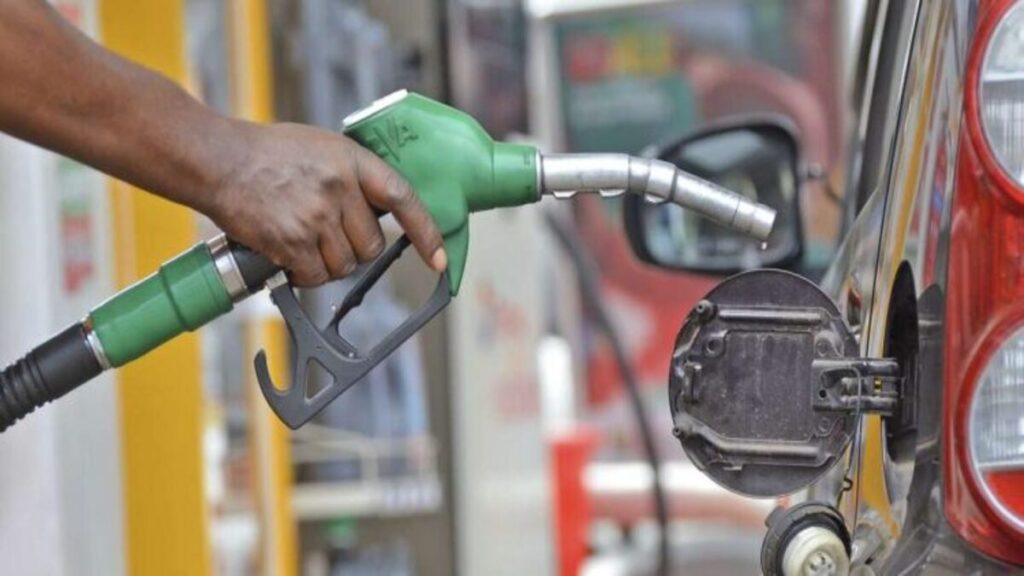Kenya has witnessed a significant decline in fuel consumption, reaching its lowest levels despite government efforts to lower prices. A report from the Kenya National Bureau of Statistics (KNBS) reveals that from January to August 2023, petrol consumption dropped by 4%, diesel by 2.5%, and kerosene by an alarming 41.29% compared to the previous year. This decline occurred even as fuel prices decreased, attributed to lower global import costs and a strengthening Kenyan shilling.

Several factors contributed to this decline in fuel consumption. High pump prices remain a major concern. Despite recent reductions, fuel prices are still elevated. As of November 2023, a litre of petrol costs Ksh180.66 in Nairobi, while diesel is priced at Ksh168.66 and kerosene at Ksh151.30. The government’s decision to raise the Value Added Tax (VAT) on petroleum products from 8% to 16% has further strained consumers’ budgets.
The Kenyan economy faces multiple challenges, including inflation and high interest rates, which have reduced spending power among consumers. Public sentiment also plays a role. Many Kenyans believe that fuel prices could have been lower if the Road Maintenance Levy Fund (RMLF) had not increased from Ksh18 to Ksh25 per litre in November.
The government has implemented various measures aimed at stabilising fuel prices and ensuring supply. These include government-to-government oil supply arrangements that allow Kenya to purchase oil on credit from Gulf nations, alleviating pressure on the local currency. Officials have reassured citizens that the increase in the Road Maintenance Levy will not lead to higher fuel prices.
However, public trust remains low as many feel these measures do not adequately address the rising cost of living or the impact of high fuel prices on daily life. Looking ahead, analysts suggest that unless there are significant changes in global oil prices or improvements in domestic economic conditions, fuel consumption may continue to decline. Ongoing economic pressures are likely to keep demand suppressed as consumers adjust their spending habits in response to high costs.
The decline in fuel consumption in Kenya highlights the complex interplay between government policies, global market conditions, and local economic realities. As Kenyans navigate these challenges, it remains crucial for policymakers to find effective solutions that address both fuel pricing and broader economic issues.
Meta Description: Fuel consumption in Kenya drops sharply despite government price cuts due to high costs and economic challenges.